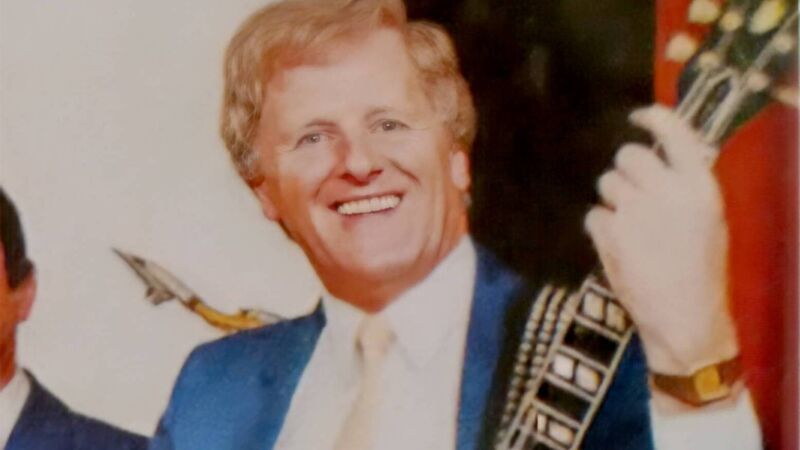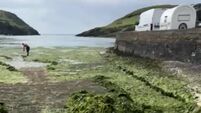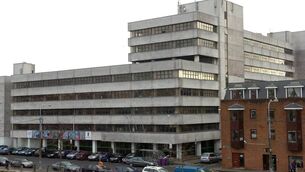A guitar receipt acts as a portal to Cork past

Steve Lynch, of the Dixies, with his Gibson guitar bought from Crowley's Music Centre.
At first glance, it just looks like a crumpled old receipt from years gone by. But if you lean in to read it closely, it almost whispers a remarkable story from across the decades.
From a time when people and passion came before profit, when customer care came before cash, and when Ireland’s showband era was in full swing as rock and roll was changing the world.













